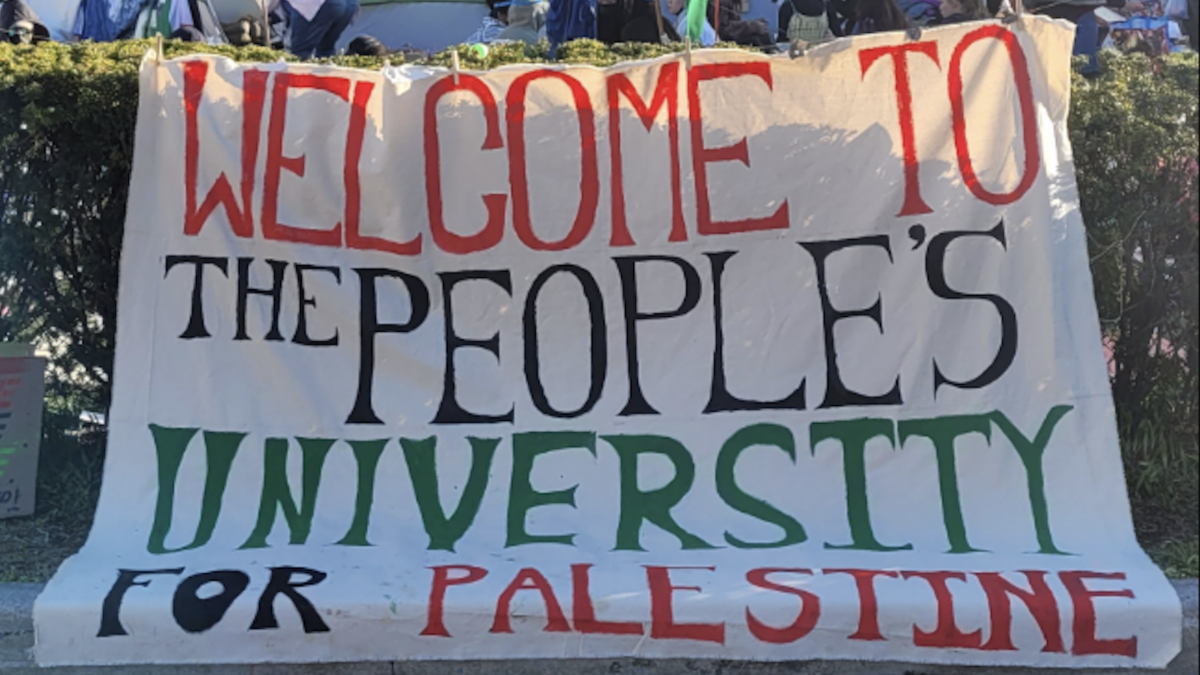
It’s hard to imagine the government forcing artists to create art and telling artists what to say in freedom-loving America. Hollywood would be up in arms. The American Civil Liberties Union would object. The news media would rise up. Corporate America would not permit it. Bruce Springsteen would boycott.
Why? Because if the government could compel artists—whose right to create according to conscience is arguably at its apex—to convey messages they disagreed with, everyone’s freedom to follow his conscience would be in jeopardy.
But this is already happening in Phoenix, Arizona. The city of Phoenix is telling two artists they must create art against their will and what they must say—all in the name of stopping so-called discrimination.
Nice Little Studio Ya Got There
Those two artists, Joanna Duka and Breanna Koski, met at a Bible study for young adults and decided to start a small business, Brush and Nib Studio, which creates customized hand painting, hand lettering, and calligraphy for weddings and other events. When they started Brush and Nib, Joanna and Breanna didn’t leave their artistic and religious beliefs behind. Those beliefs provide their business its very purpose—to use their artistic talents full-time to proclaim their vision of what is good and beautiful.
But shortly after starting their business, Joanna and Breanna discovered that Phoenix law requires them to create art endorsing same-sex wedding ceremonies because they create art for opposite-sex wedding ceremonies. The same law prohibits Joanna and Breanna from publishing statements explaining the artistic and religious beliefs that require them to only create art consistent with their religious belief supporting one-man/one-woman marriage.
If they dare disobey, Phoenix can incarcerate them for six months and fine them up to $2,500 for each day of disobedience. Instead of risking that, Joanna and Breanna chose the only rational option left: ask a court to invalidate the law for violating the Arizona Constitution.
Among other things, Joanna and Breanna object to Phoenix’s law for requiring them to promote same-sex marriage and for prohibiting them from explaining their religious beliefs about marriage. While they happily create and sell their art to everyone—regardless of sexual orientation or any other protected characteristic—they cannot create art for events that violate their beliefs.
Joanna and Breanna’s Case Is Everybody’s
While others will try to make Joanna and Breanna’s case about same-sex marriage, that’s not the issue. The issue is freedom. If you have a strong opinion on any matter—same-sex marriage, abortion, marijuana use, climate change, animal rights, the death penalty, income inequality, gun control—you should hope Joanna and Breanna prevail. If they do, freedom triumphs. You can speak and create in accordance with your beliefs, and so can they. If they lose, it may spell disaster for your ability to live consistently with your beliefs.
Why? Because if authorities can target Joanna and Breanna’s beliefs in the name of stopping “discrimination,” authorities can target any idea for the same reason. A city could ban “discrimination” based on beliefs about capital punishment. A county could ban “discrimination” based on beliefs about climate change.
The District of Columbia and many other jurisdictions already ban “discrimination” based on political beliefs. But should artists and their businesses that support abortion, for example, really be forced to create custom art celebrating the pro-life movement? For freedom lovers, the answer is obvious: Joanna and Breanna’s constitutional arguments must prevail.
Joanna and Breanna recognize that people cannot truly be free if the government prohibits them from saying what they believe and requires them to promote what they oppose. They are now asking the judicial system to remind politicians that true freedom isn’t subject to popularity contests.
If you disagree with Joanna and Breanna’s views, that’s fine, but you should still root for their case. That’s because if they fail, and popular opinions change, the government of the future may force you to promote something that contradicts the core of who you are. And that’s something no one wants to imagine.









